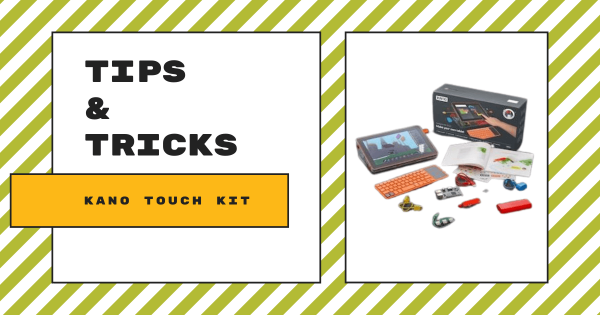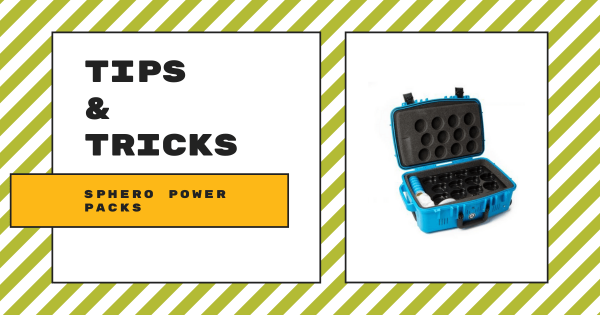For a limited time, we’re excited to be able to offer some of the best Wonder Workshop robotics kits at discounted prices for educators. Among the featured items include classroom kits for teaching with both the Dash and Cue with savings as high as 20 percent! Overall, 10 of the Wonder Workshop kits are being discounted, but only for a
Computer Science
Computer science remains an integral element of STEM education and, these days, of K-12 education as a whole. With so many connections to current or future career opportunities, learning computer science skills can unlock various professional benefits for today's students. Because much of computer science ties in to the STEM economy in so many ways, it truly began to boom in high schools over the last couple decades. Now, however, students are starting to get a taste of it as early as kindergarten. With that foundation, they can continue learning new and more intricate skills throughout elementary and middle school. This helps put them in a prime position to learn the more advanced skills and coding languages in high school. With hands-on coding experiences serving as a driving introductory force to learning computer science, tons of students continue to benefit.
It's truly possible to incorporate a computer science curriculum at all levels of education. Even if experiences happen only after school, kids of any ages could partake. As early on as kindergarten, children can explore screen-free coding and develop foundational CS skills with tools like the Cubetto Robot or Bee-Bot. And, moving into early elementary school, they can dive into digital coding with block-based challenges. This introduces them to some more important elements of computer science and includes robust solutions they can try in classrooms. Among them are the Ozobot Evo, Dash Robot, Root Robot, and tons of others. Then, in middle school, they could explore graphical coding further or get into text-based coding. Using tools like the Edison Robot, Finch 2.0, Marty V2, or others, they can try more. Then, they'll be ready for full text code in high school with the NAO AI, databot 2.0, or others.
-
Our Final Grant of 2019: Read About December's Recipient
We have awarded our final $500 EdTech grant of the year (and of the decade!), closing out 2019 with over $5,000 worth of technology contributions to schools and teachers around the country! For the month of December, we’ve awarded our grant to Ellen Peterson, a STEM and technology teacher at the Smithfield Middle School in Smithfield, VA. -
Sphero and littleBits: Uniting to Better Serve STEAM Education
You might know that Sphero’s robots can be programmed using engaging computer science concepts and the Sphero Edu app while littleBits helps kids understand the important elements of circuitry by snapping together their magnetic blocks to construct circuits. What you might not realize, however, is that Sphero and littleBits are now one. -
Learn About Root's PD Software, Root Academy
The Root robot can help children of all different ages learn key tech and programming skills by introducing them to coding gradually. Teaching and learning with Root, however, is made much more effective when educators are masters themselves. So, the iRobot Education team has created Root Academy—an all-encompassing educator PD tool. -
Prepare Your Programming For Computer Science EdWeek
For one week in December, we put a little bit of an extra emphasis on the importance of computer science and teaching students coding skills so that they may excel in an economy that’s driven by technology. There are hundreds of ways that school and district leaders can help their students participate in Hour of Code activities and so many -
Eduporium Experiment | Building The pi-top [3]
The pi-top [3] laptop helps teachers create some exciting opportunities for kids to not only engineer their own modular laptop but to invent, code, and create an endless number of projects, too. We decided to put together our laptop and produce a light and sound show. And, as we can attest, even if kids are new to coding, the instructions -
Tips & Tricks | Kano Computer Touch Kit
The kit is designed for students between 6-13 years old to engineer on their own as they learn how it works. With over 100 creative challenges, games, and stories available for kids to try, there are plenty of opportunities for engagement post-build. Students can create their own art, games, and music as well as learn to code! -
Tips & Tricks | Sphero Power Packs
The Sphero SPRK+ Power Pack is a safe, mobile, charging station for 12 SPRK+ robots. It is available for purchase empty (if you already own the robots) or with 12 SPRK+ robots, plus maze tape, stickers, charging cables, classroom posters, and turbo covers. This Power Pack is compatible only with the SPRK+ robots and not the Sphero BOLT.




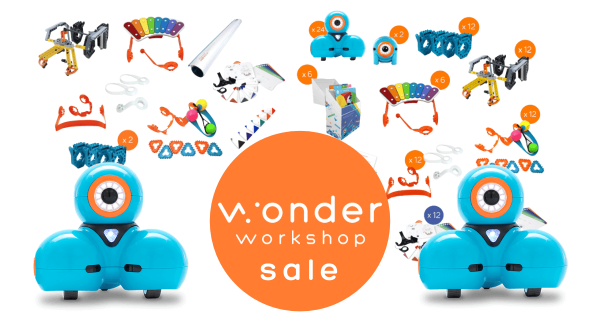
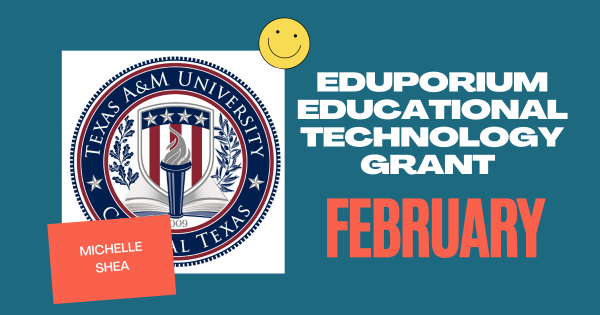
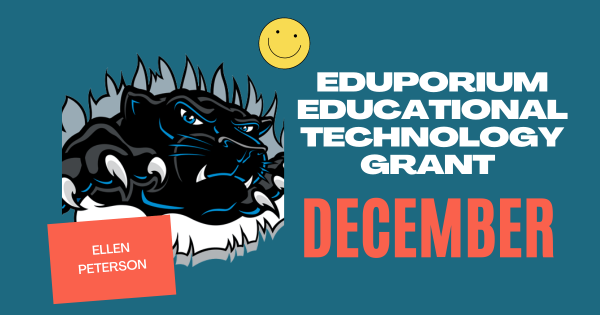
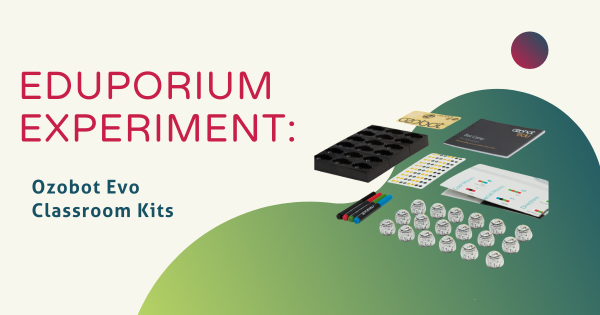
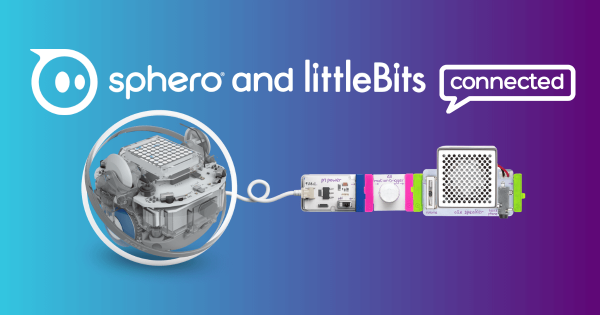
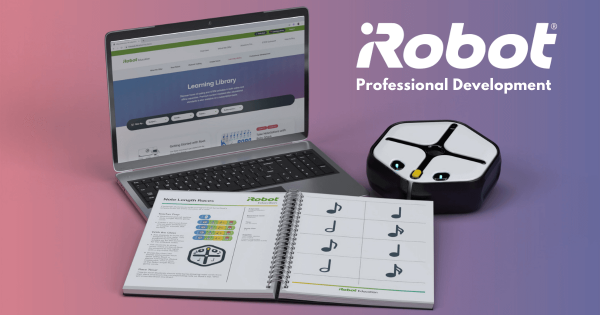
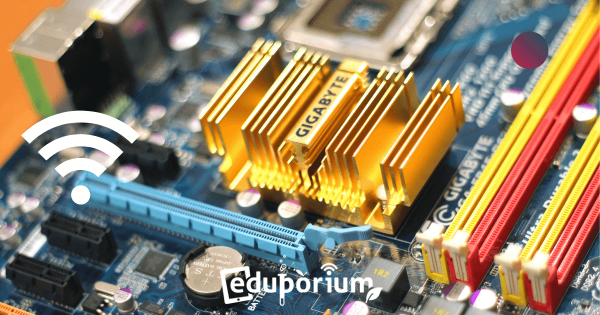
![Eduporium Experiment | Building The pi-top [3]](https://www.eduporium.com/media/wordpress/61b9515c5af5c7fcc047553617a97448.png)
